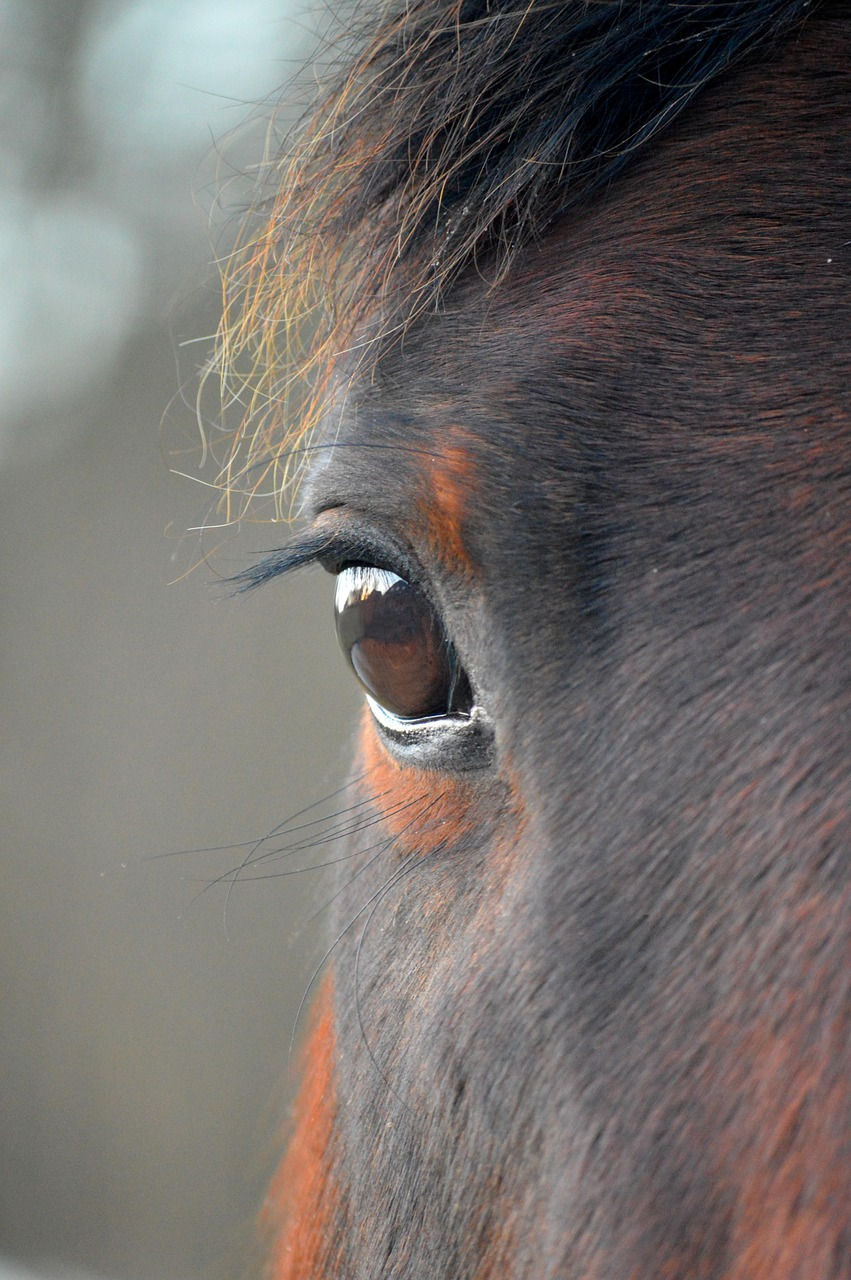Horse Talk and The Power of Language
- Suzy Maloney B.Eq.Sc.
- Jul 1, 2021
- 3 min read
Updated: Apr 6, 2024

When we talk about horses, we commonly use pronouns, the most frequent one being ‘it’. I often find I’ll be reading something written by someone who I admire for the wonderful way they work with horses, then they use the word ‘it’. Suddenly, I feel like someone has popped my balloon. Horse talk and the power of language is something we need to look at to promote an understanding of the sentience of horses to the wider community. When we describe someone as ‘it’ we are instantly relegating them to an object. According to Google, ‘it’ usually refers to an inanimate object’. A horse when referred to as ‘it’ becomes an object and not a sentient being, instantly. That one little word puts us in the position of master and the horse in the position of an object that we own. This is not the language we use when we refer to someone we respect. So, when we say we love and respect our horses, then refer to them as ‘it’, there is a huge incongruency. Is this our subconscious coming to light or is it habit? Perhaps a bit of both? I was a victim of this thinking until a few years ago when someone pointed it out to me. I am forever grateful, thank you. For me it was habit, I had been raised in an environment where horses were referred to as ‘it’, so I just adopted the language without ever listening to myself or thinking about it. Like any reformed smoker, of course now I am super sensitive to it and see it everywhere. Here are some examples of things I have recently read; I think you will find this all quite familiar. ‘Don’t ask your horse to do something it’s not ready to do’, ‘understand it’s body language’, ‘it displays many behaviour changes’, ‘it’s a living, feeling being’, ‘be aware of its movement’, ‘look how it reacts to grooming’. The use of the ‘it’ word when discussing horses is everywhere, start looking for it and you will be surprised how often you find it. And not just the written word, but also when people are talking about horses. Another word in common usage with horses is ‘use’. This one is especially prevalent in the equine industry where there are multiple horses on one property. People say, ‘I’ll use Ben next time’, or ‘Which horse do you want to use today?’. I still find this little gem slipping from my lips sometimes! I try to use the word ‘play’ or even ‘work’ is better than ‘use’ (other suggestions are ‘go with’, ‘have’, ‘choose’). According to Google ‘using someone means to play with someone like a tool to get your work done and forget them without continuing any relationship’, - wow! Considering what this word actually means, it definitely falls into the category of one that we need to bring awareness to and change in our daily language around horses. Then there are all the abusive words people use when describing horses, many of which are human characteristics and not equine, e.g., stupid, lazy, plotting, stubborn, naughty etc. These are all applicable to humans, but with horses we need to look deeper than name calling. A ‘stupid’ horse may have never been taught what you’re asking, a ‘lazy’ horse may be old and sore, a ‘plotting’ horse may just be reacting to what’s happening, ‘a stubborn’ horse may be suffering from learned helplessness and a ‘naughty’ horse may be in pain. These are just off the top of my head, but you get the idea. And there is another one, sexist horse language. Some people use the word ‘he’ instead of ‘it’, but this is just exchanging one problem for another. Gender biased language needs to be addressed as much as objectification. How do we move away from the term ‘Horsemanship’? Horsepersonship sounds dreadful, the only neutral one I have come up with is ‘Horse Handling’, but it is two words not one. If anyone has come up with an awesome gender-neutral term, please let me know! Have fun thinking about this one and as always, wishing you all the best on your horse journeys, Suzy.
Suzy Maloney B.Eq.Sc.
Happy Horses Bitless
Considerate Horsemanship
Ph: 0401 249 263
Email: suzy@happyhorsesbitless.com
Facebook: Happy Horses Bitless Bridles



Comments